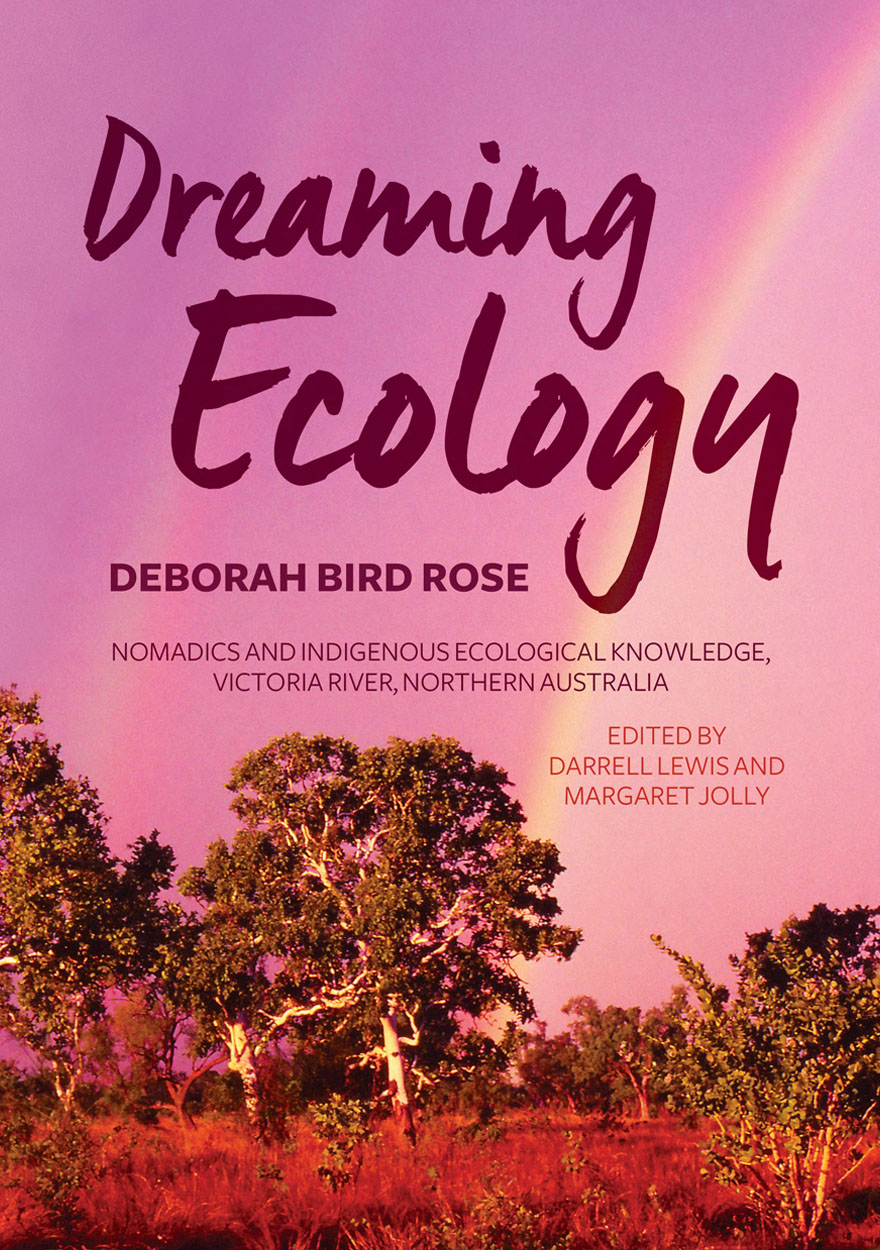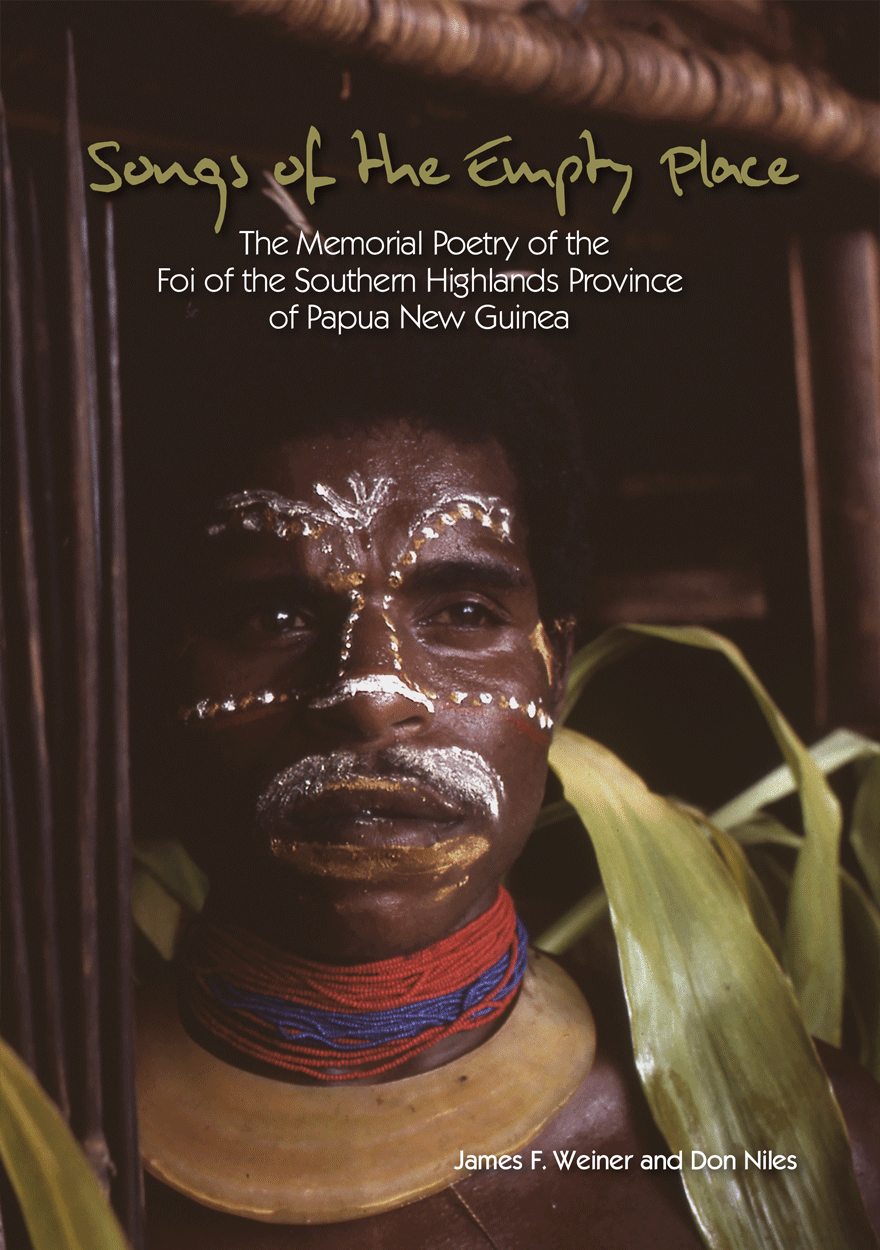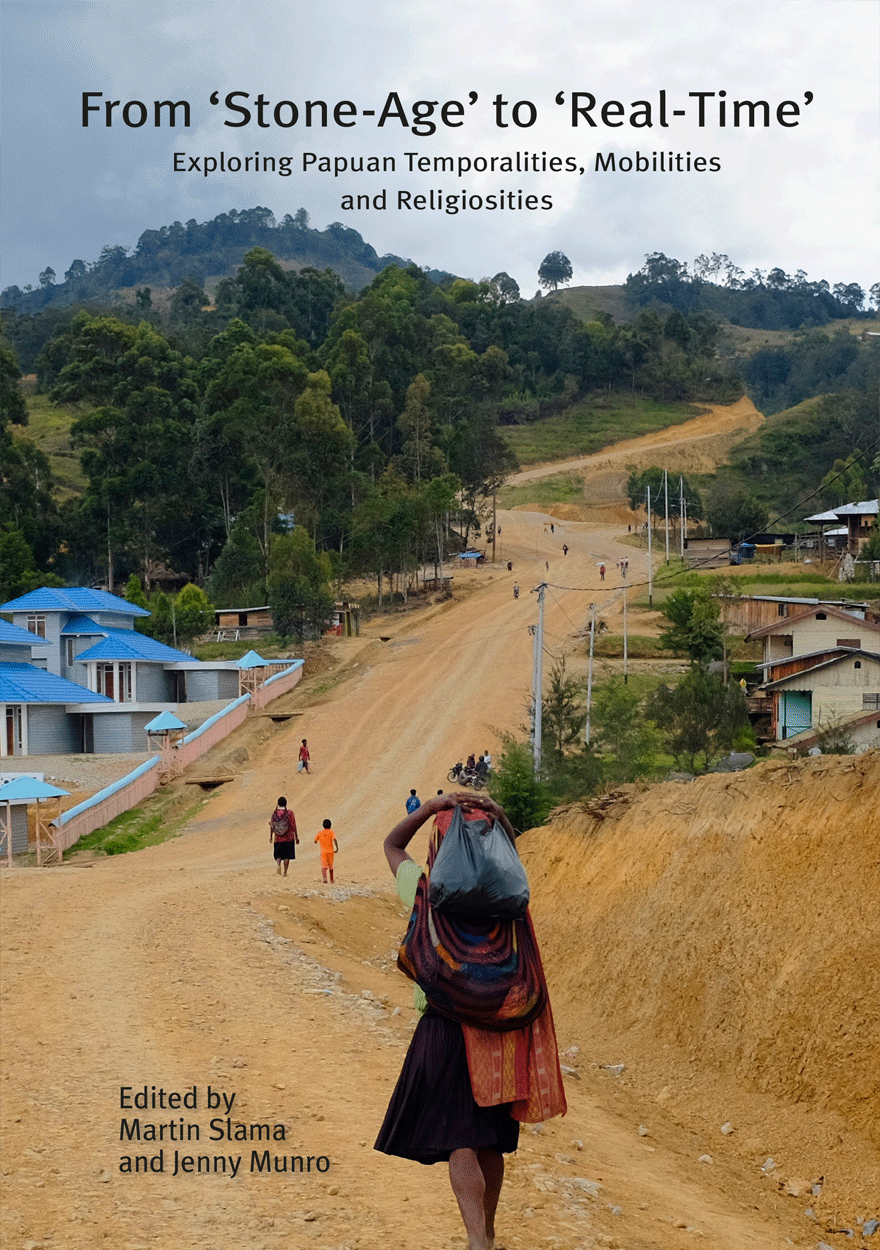Monographs in Anthropology
The Monographs in Anthropology series offers an opportunity to publish innovative works of theory and ethnography from the Asia-Pacific region. To date, our titles have included studies on such topics as self-determination, mobility, temporality, ritual performance, music, connections to land, ethnic identity, and masculinity. We are particularly interested in monographs and edited collections that are based on ethnographic fieldwork deeply informed by historical context. Prospective authors are invited to submit manuscripts for consideration and review.
Please note: The following list of titles is sorted by publication date, with the most recent first.
Displaying results 1 to 21 of 21.

Dregs »
Love and Monsters in Small Town New Zealand

Dreaming Ecology »
Nomadics and Indigenous Ecological Knowledge, Victoria River, Northern Australia

Grassroots Law in Papua New Guinea »

Fijians in Transnational Pentecostal Networks »

Island Encounters »
Timor-Leste from the outside in

Like Fire »
The Paliau Movement and Millenarianism in Melanesia

Indigenous Efflorescence »
Beyond Revitalisation in Sapmi and Ainu Mosir

Divided Loyalties »
Displacement, belonging and citizenship among East Timorese in West Timor

Carl Strehlow’s 1909 Comparative Heritage Dictionary »
An Aranda, German, Loritja and Dieri to English Dictionary with Introductory Essays

The Quest for the Good Life in Precarious Times »
Ethnographic Perspectives on the Domestic Moral Economy

German Ethnography in Australia »

Tides of Innovation in Oceania »
Value, materiality and place

New Mana »
Transformations of a Classic Concept in Pacific Languages and Cultures

Experiments in self-determination »
Histories of the outstation movement in Australia

Songs of the Empty Place »
The Memorial Poetry of the Foi of the Southern Highlands Province of Papua New Guinea

From 'Stone-Age' to 'Real-Time' »
Exploring Papuan Temporalities, Mobilities and Religiosities

Land and Life in Timor-Leste »
Ethnographic Essays

Echoes of the Tambaran »
Masculinity, history and the subject in the work of Donald F. Tuzin

Steep Slopes »
Music and change in the Highlands of Papua New Guinea

Remaining Karen »
A Study of Cultural Reproduction and the Maintenance of Identity




